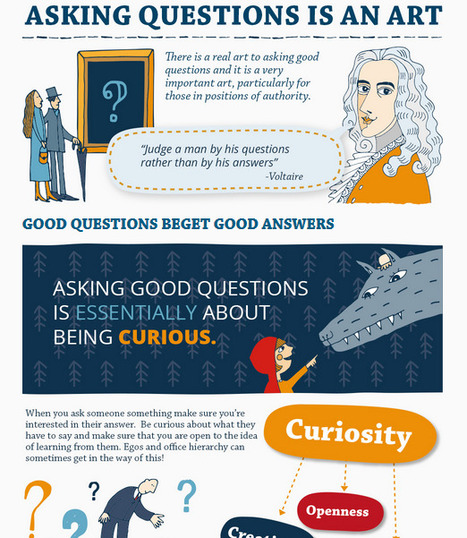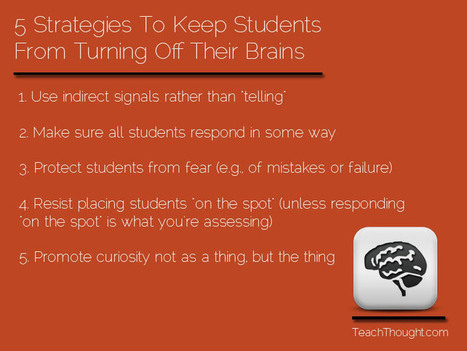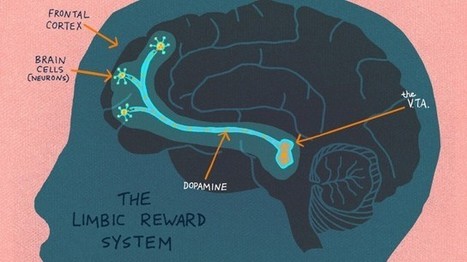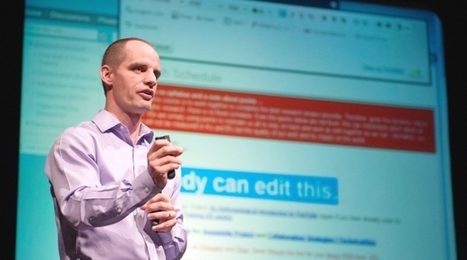"My tribute to Curiosity, both the NASA rover and the human desire to discover, featuring words from some of science's greatest minds and LEGO's special edition Mars rover set."
Research and publish the best content.
Get Started for FREE
Sign up with Facebook Sign up with X
I don't have a Facebook or a X account
Already have an account: Login
Tech tools that assist all students to be independent learners & teachers to become better teachers
Curated by
Beth Dichter
 Your new post is loading... Your new post is loading...
 Your new post is loading... Your new post is loading...

Ra's curator insight,
October 20, 2013 4:33 PM
Familiar ground but good to revisit with student teachers. Link to formative assement for clarity of purpose in planning. 
Mary Cunningham's curator insight,
October 20, 2013 10:27 PM
This would be great to use in conjunction with the video from HOW YOUTH LEARN 
Fran Bozarth's curator insight,
October 27, 2014 7:29 PM
The article goes on to elaborate a bit on each of these. Good basics. |

Aurore A.N Beaini's comment,
October 28, 2014 10:28 AM
I think your post is very interesting for children anyway, it's also useful for mothers
|













Explorando ... la curiosidad Como una impor clave..Building Curiosity - YouTube | @scoopit via @BethDichter http://sco.lt/...
What if curiosity is the most powerful thing you own?